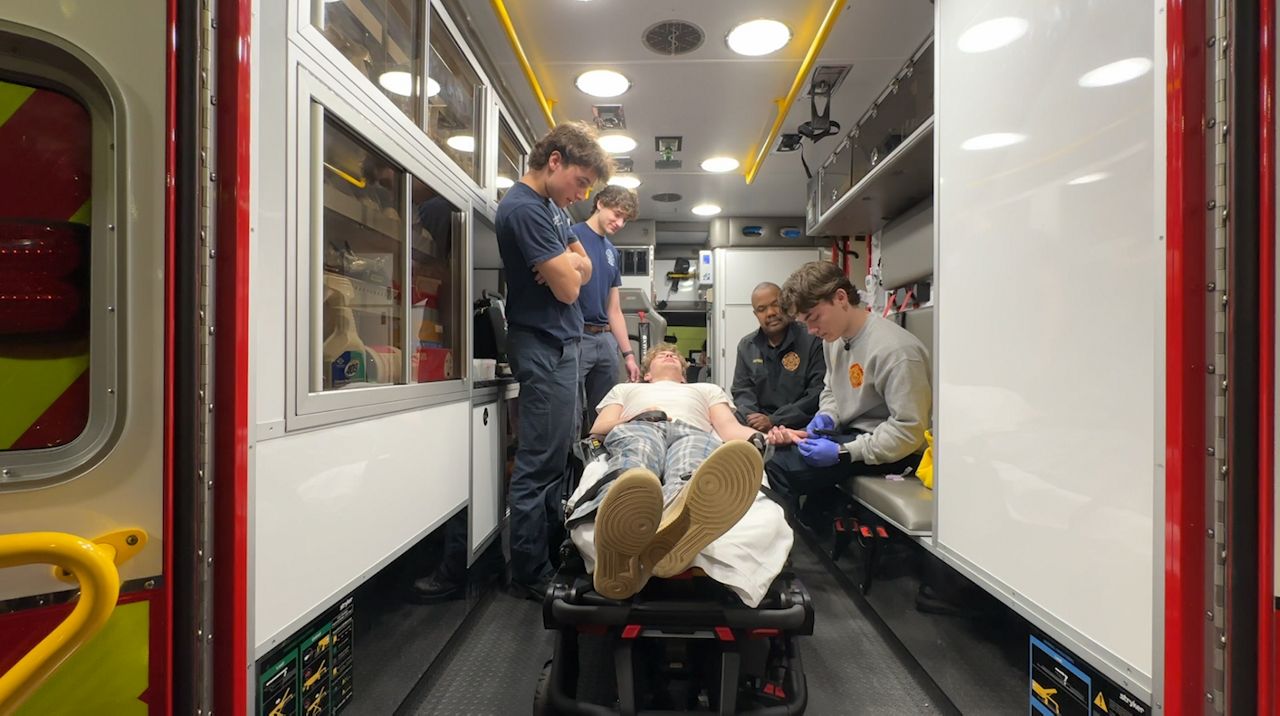MILWAUKEE — It’s hard for Clover Crowder not to constantly snap pictures of her baby, Doug, who was born in October.
“He’s a junior,” said Crowder. “So, that’s his father’s name.”
Crowder calls him her miracle baby. Before having Doug, she suffered two miscarriages.
When she was pregnant with Doug, she was diagnosed with chronic hypertension, which is persistent high blood pressure. If left untreated, it makes the heart work in overdrive, and can cause damage to organs.
“I think getting that diagnosis helped me understand why maybe the previous miscarriages have happened,” said Crowder.“I think getting that diagnosis helped me understand why maybe the previous miscarriages have happened,” said Crowder. “I didn’t have an answer. It was just here. They have happened. It really helped me cope with that.”
Under her doctor’s direction, Crowder made diet changes, exercised regularly and was given a blood pressure kit to use at home. It allowed her to monitor her own blood pressure levels throughout the day and night.
“When she was 38 weeks her blood pressure spiked, and she knew to come in,” said Dr. Marie Forgie, Crowder’s OB-GYN at Aurora Health Care. “Because of that, we were able to talk about having her baby, induce her and she delivered healthy.”
But that’s not where Crowder’s story ends. Days after she gave birth, her blood pressure spiked to a dangerous level. Her official diagnosis was updated to preeclampsia, which is a pregnancy complication characterized by hypertension.
“It wasn’t until a week after she delivered that her blood pressure got way out of control and way high,” said Forgie. “It required us to give her medication right here in the moment to immediately bring it down and start her on a medication to start at home so the preeclampsia can leave the body and she can begin to heal.”
Forgie and Crowder said they want to raise awareness about this increasingly common condition.
According to the National Institutes of Health, the prevalence of chronic hypertension in pregnancy has doubled since 2007 in the U.S. Officials say this is likely due in part to more testing during pregnancy.
Forgie said it can also be attributed to a range of both inherited and lifestyle factors. More women are having children later in life, and higher age can predispose women to high blood pressure.
“During pregnancy, we know people with high blood pressure or chronic hypertension have twice the risk of health complications during pregnancy,” said Forgie. “Some of those things can include developing really high blood pressure, which we sometimes call preeclampsia, having seizures, stroke, heart attack, lung swelling or effecting other organs in your body like your kidney or your liver.”
“Even though things like this can be scary, there’s help for you, so you can get to that happy ending,” Crowder said.












